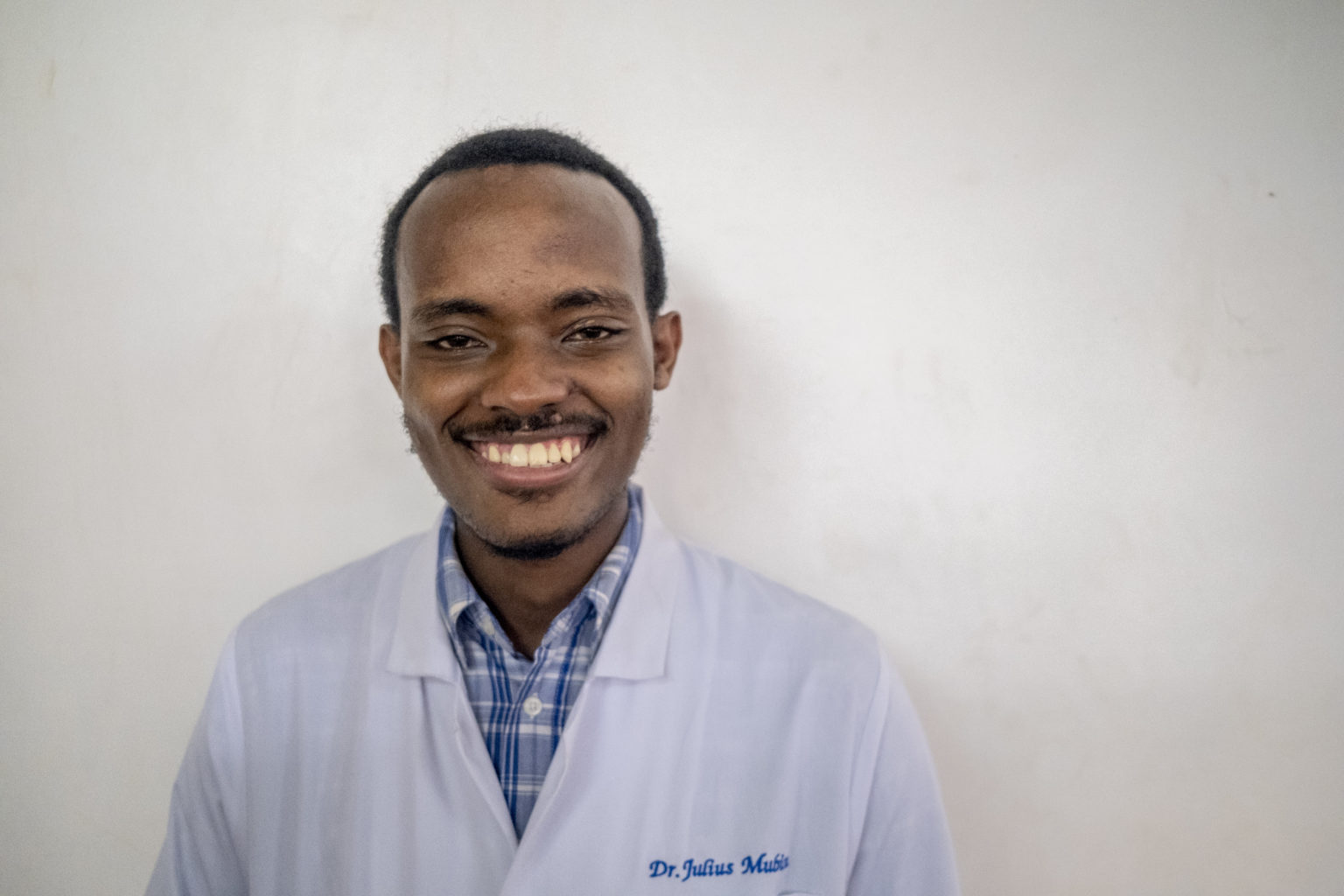
Africa-Press-Nigeria Sixteen talented entrepreneurs have been selected from Cameroon, Ethiopia, Ghana, Kenya, Nigeria, South Africa, The Republic of the Congo, Togo and Uganda. This includes the prize’s first Togolese and Congolese innovators, with nine countries represented in total.
For the first time, half of the 16-strong shortlist are women, including the first woman from Ethiopia to be shortlisted for the Prize.
The shortlist ranges from an off-grid neonatal crib for jaundiced babies and a portable vaccine fridge to a hydrogen fuel-cell generator that runs on gas, and a natural, plant-based fibre that clears up oil spills.
The Africa Prize is run by the UK’s Royal Academy of Engineering and awards crucial commercialisation support to African innovators who are tackling local challenges with scalable engineering solutions.
The Africa Prize has a track record of identifying engineering entrepreneurs with significant potential, many of whom have gone on to achieve greater commercial success and social impact. An alumni network of more than 102 social entrepreneurs across Africa is projected to impact over three million lives in the next five years. They have already created more than 1500 jobs and raised more than $14 million in grants and equity.
A unique package of support—running from November 2021 to June 2022—is being provided to this year’s shortlisted innovators to help them accelerate their businesses. The benefits of selection include comprehensive and tailored business training, bespoke mentoring, media and communications training. The programme also provides funding and access to the Academy’s global network of high-profile, experienced engineers and business experts, as well as access to the alumni network when the programme concludes.
For the second year in a row, the programme will be offered as a digital experience, with intensive support provided through one-on-one and group sessions. Where possible, sessions may also be held in person. Following this period of support, four finalists will be selected and invited to pitch their improved innovation and business plan to the judges and a live audience. A winner will be selected to receive £25,000, and three runners up will receive £10,000 each. An additional One-to-Watch award of £5,000 will go to the most promising innovator, as selected by the live audience.
“Once again we have received an inspiring calibre of applications for the Africa Prize. This year’s shortlist demonstrates how technology can be used to drive development from a grassroots level, and we look forward to supporting these innovators in expanding their impact across Africa,” said John Lazar CBE FREng, Africa Prize judge.
This year’s shortlist features several medical innovations, including a smart, off-grid neonatal crib to treat jaundiced newborns, a device that maps a patient’s veins onto their skin to aid nurses inserting drips or drawing blood, a system that helps nurses monitor patients and improve their workflow, and a mobile, solar-powered fridge that keeps vaccines cold in the field.
Other companies have developed commercial packaging from a variety of agricultural waste, transformed invasive plants into an absorptive fibre used to clean oil spills on land and water, and created an aquaponics starter kit to grow their own fish and crops at home, complete with a remote monitoring system and online marketplace.
Also on the shortlist are entrepreneurs working on smokeless cookstoves made from scrap metal, a cold-storage system for off-grid farming communities, a fuel-cell based hydrogen generator that runs on LPG gas, and a mini-grid monitoring system to help utilities and mini-grid operators manage solar installations.
Further innovations provide communities with an online platform to exchange used goods like household appliances, clothing and more, using a virtual currency. An outdoor and off-grid communal workspace gives students access to WiFi and power, and a prepaid bank card that requires no bank account and can be used worldwide gives the unbanked access to online purchases and cash from mobile money. Finally, an online platform helps small business owners hire and manage freelancers across a range of disciplines, outsourcing skills that aren’t part of their core business.

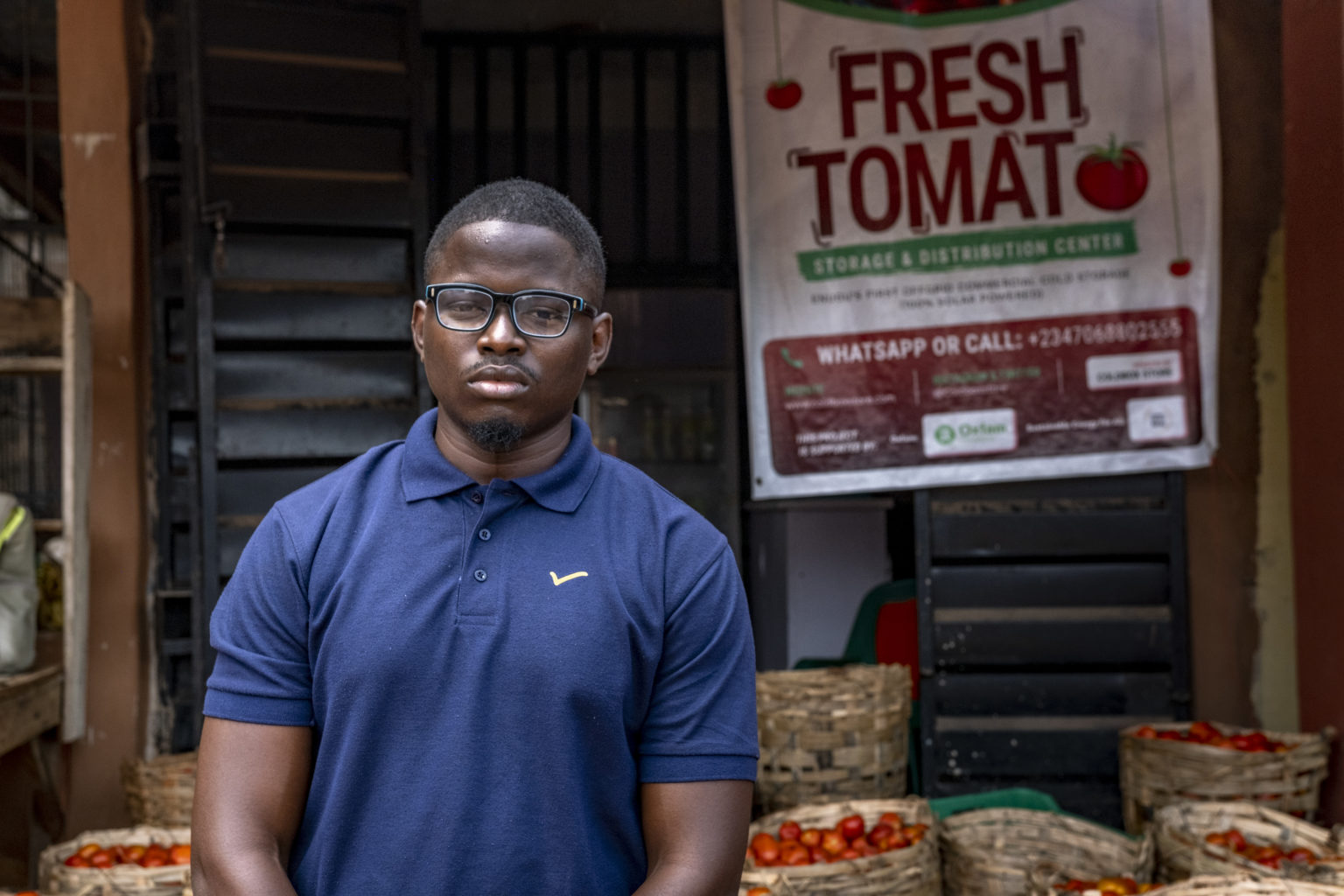
with his innovation “Coldbox Store“, demonstration at the market in Enugu town, Nigeria, November 10, 2021. Photo Benson Ibeabuchi/GGImages/RAEng
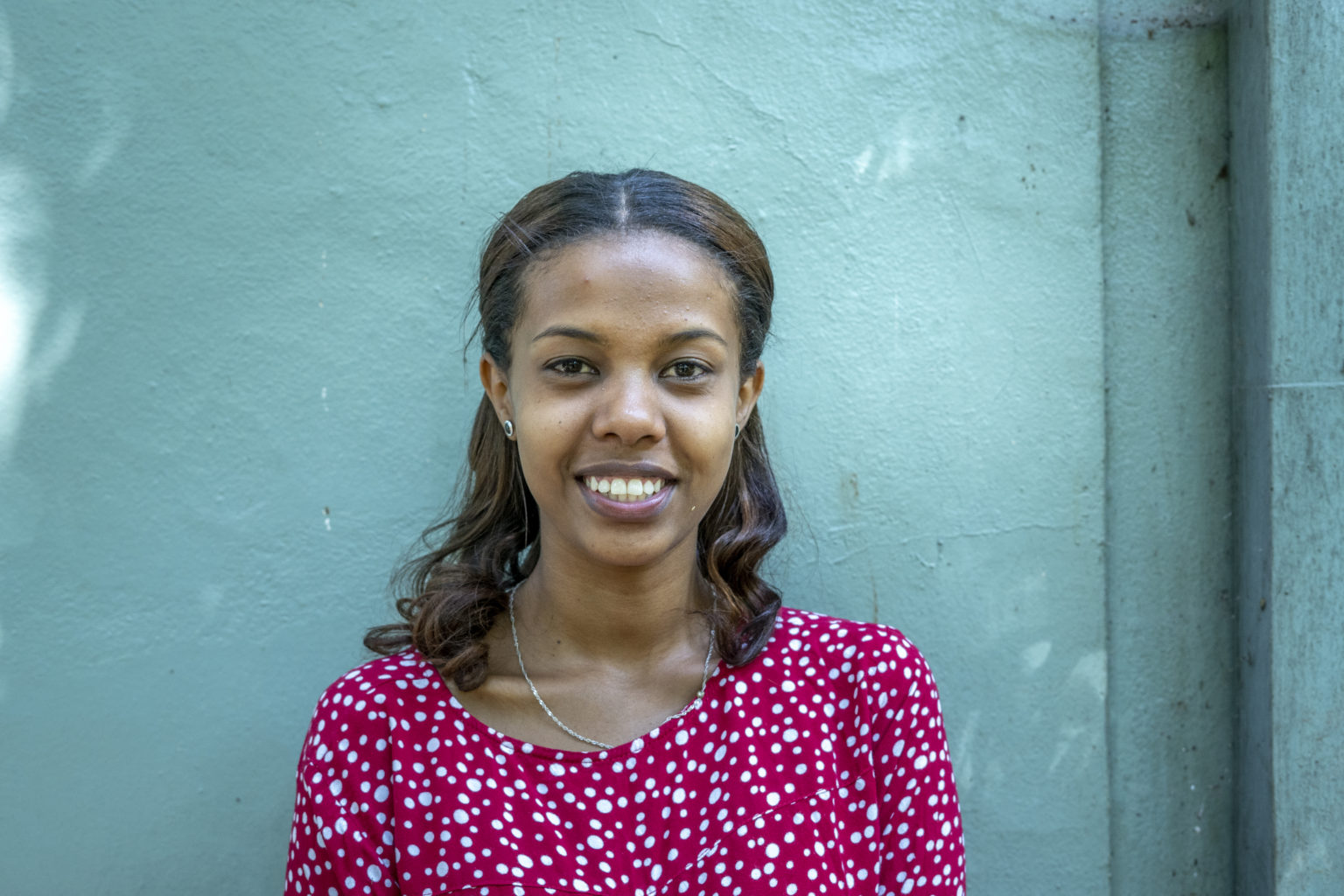
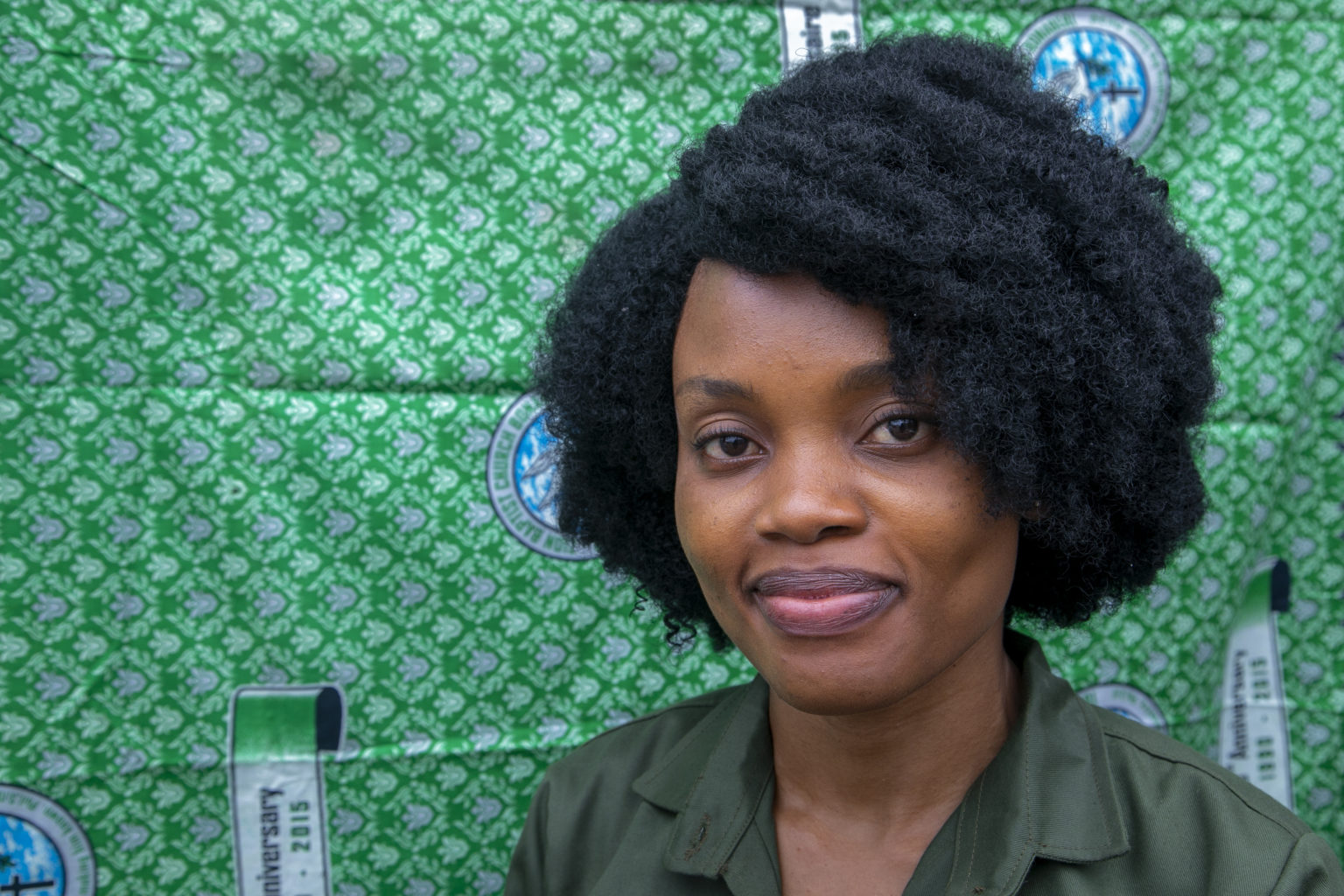
Photo: ©Daniel Beloumou/GGImages/RAEng
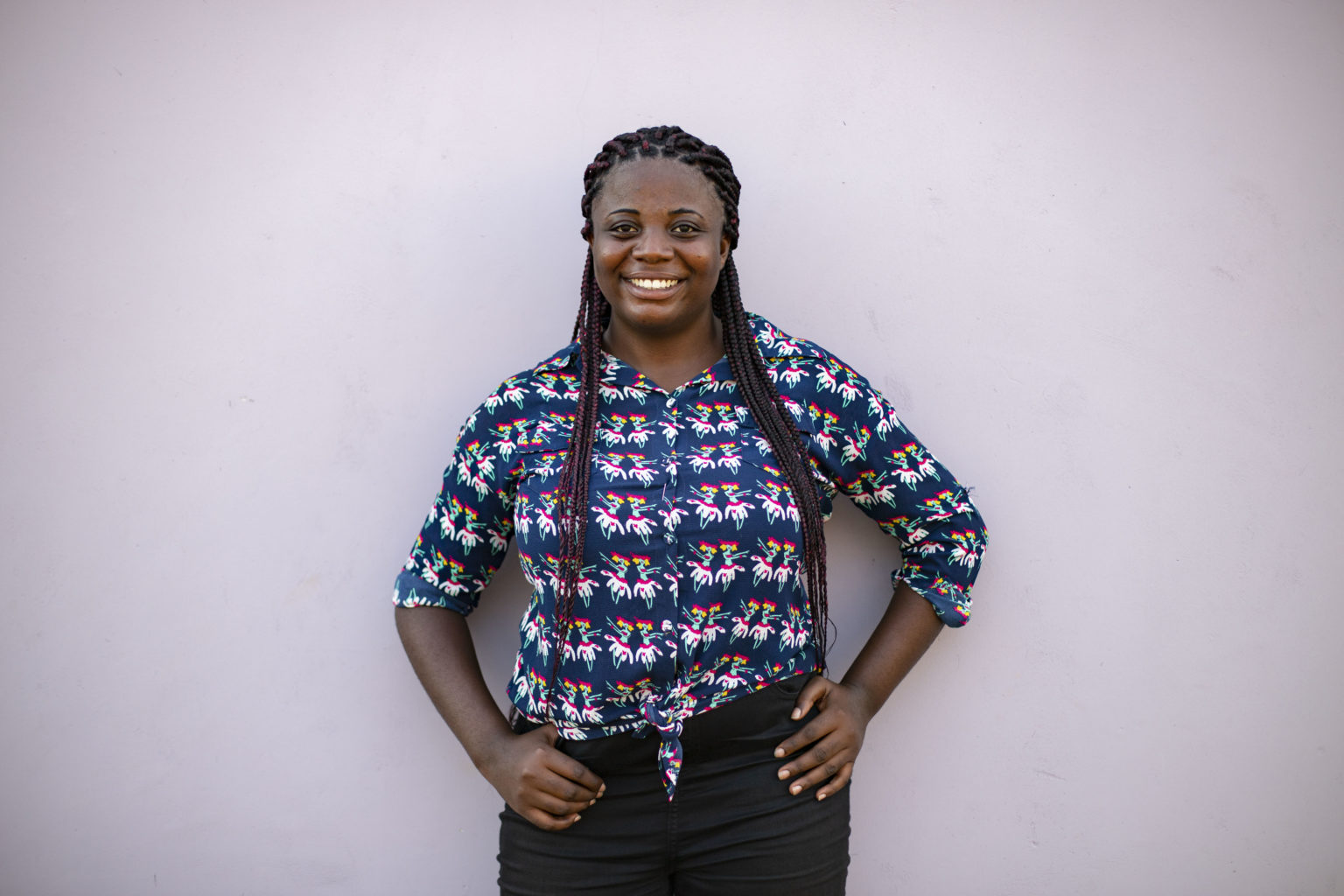
Photo Francis Kokoroko/GGImages/RAEng






